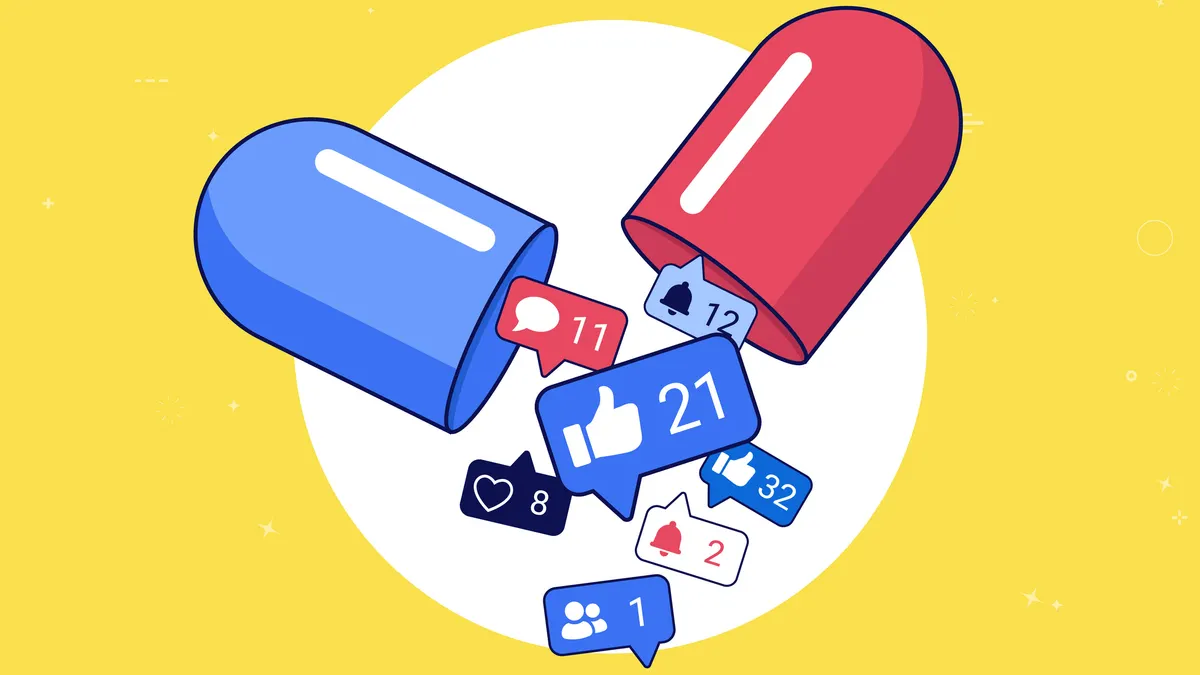 Novartis and Qualcomm’s Inhaler Device Helps Manage COPD
Novartis and Qualcomm’s Inhaler Device Helps Manage COPD
Trendwatch: Apps and devices create better patient connectivity.
Novartis and Qualcomm have collaborated to create the Breezhaler inhaler device to treat COPD. Under this partnership, Qualcomm Life will provide the technology solution for the connectivity of the next generation of the Breezhaler inhaler.
Patients will have access to their own data on the use of their inhaler in near real time. The small, disposable, and low-power module contained within the inhaler device can detect and report usage, the time that the inhaler is used, as well as additional relevant information for patients and physicians. The module then wirelessly sends the data to patients’ smartphones and a Novartis COPD mobile application, which sends the data to the cloud, allowing patients and potentially their healthcare providers to monitor their COPD. The Breezhaler device allows patients to hear, feel, and see that they have taken the full dose correctly.
Novartis aims to be the first company in respiratory medicine to offer a completely integrated, connected delivery device to provide a seamless, easy-to-use, and simple experience for patients.
AZ and Voluntis Develop App for Ovarian Cancer Patients
French companion app company Voluntis has partnered with AstraZeneca to develop an app for women undergoing treatment for ovarian cancer. According to a release by the company, this signals the beginning of a broader strategy for AstraZeneca of using digital health to complement pharmaceutical treatments.
AstraZeneca plans to test the new digital support service for women undergoing treatment for platinum-sensitive high-grade ovarian cancer in clinical trials testing a combination of cediranib plus Lynparza.
The service — a smartphone app paired with a web portal — aims to help clinicians and patients better manage side effects of hypertension and diarrhea sometimes linked with the combination therapy, which are usually described to care teams through a time-consuming and non-digitized manner.
Software group Voluntis developed the service in close collaboration with AZ and the U.S. National Cancer Institute; the latter will now sponsor three separate clinical trials to test the app as a companion device.
Medtronic Offers First Pacemaker App
 Medtronic has created MyCareLink Smart Monitor, the world’s first app-based remote monitoring system for patients with implantable pacemakers, which recently received FDA approval.
Medtronic has created MyCareLink Smart Monitor, the world’s first app-based remote monitoring system for patients with implantable pacemakers, which recently received FDA approval.
With the MyCareLink Smart Monitor, patients with a Medtronic pacemaker can use their own smartphone or tablet technology, with cellular or Wi-Fi service, to securely transmit data from their pacemakers to their physicians, who can then interpret the data to make treatment decisions.
The MyCareLink Smart Monitor is comprised of a handheld portable device reader, prescribed by a physician, and the MyCareLink Smart mobile app, available for free on both Android and Apple platforms. When the MyCareLink Smart Monitor is connected to cellular or Wi-Fi service, patients can initiate a transmission of pacemaker data by securely uploading the information to the Medtronic CareLink Network.
Study Outlines Social Media Listening Programs Adoption
A Best Practices study found that many companies allow worries about adverse events reporting to prevent them from forging ahead with social listening programs. The study also examined how organizations approach approval of social media listening (SML) programs and handle adverse event reporting.
SML programs afford a slew of benefits, such as rapid insights into patient adherence, brand awareness and sentiment, product misinformation levels, and thought leader sentiment. Study participants said to reap listening benefits, companies must thoroughly train — and ultimately trust — their vendors on reporting protocol adherence. The research is based on data from 15 digital and social marketing and market research leaders at 15 large global healthcare organizations.
For more information, go to http://www3.best-in-class.com/rr1399.htm.
The App Gap: Less Than 30% of Consumers Use Apps to Manage Health
A report released from Booz Allen Hamilton and Ipsos Public Affairs has determined that eight in 10 consumers surveyed (79%) own a smartphone or tablet, but only 29% use a mobile app or personalized interactive website to monitor or manage their health.
Not surprisingly, younger consumers more frequently adopt technology for healthcare when compared with older people, with two notable exceptions: all consumers access general health references at roughly the same rates, and those who are 65 years of age and older use technology to access prescription drug references more often (59%) than other age groups (40%). Additionally, there is a gender gap — men are more likely than women to use apps or interactive websites to access health information.
The survey also found that the majority of consumers (67%) are currently satisfied with their personal healthcare. The lowest levels of satisfaction are seen among those who are underinsured (32%), have no personal doctor (33%), or have not visited one (29%).
The report, How We View Health Care in America: Consumer and Provider Perspectives,"assesses the current state of and outlook for healthcare by examining the opinions of healthcare consumers and providers. The survey, conducted annually, includes responses from more than 1,000 U.S. adults and 400 healthcare providers. (PV)











